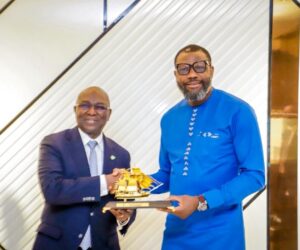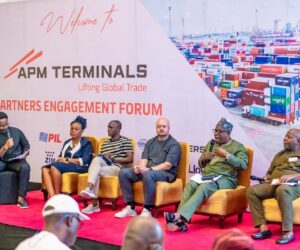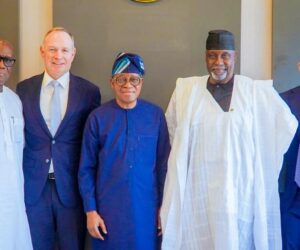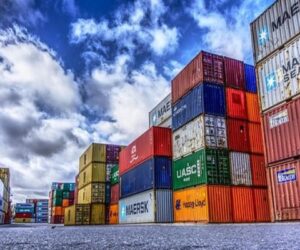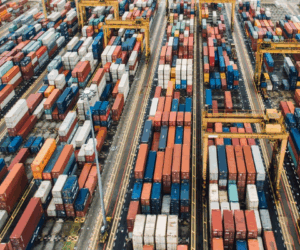For all the talk about Nigeria’s blue economy potential, one fact is often overlooked: the country’s coastal prosperity will not be built on mega-projects alone. The real transformation may come from something far more modest, which is low-cost technology designed for the people who keep the marine economy running every day.
Across West Africa, small-scale fishers contribute massively to food supply, employment and trade, yet operate with inadequate tools and minimal support. This disconnect is now drawing attention from researchers and development experts. A recent study published in the World Journal of Advanced Research and Reviews (2025), co-authored by maritime development specialist Tairat Abiola Titiloye, makes a bold argument: that affordable, accessible innovations are the fastest route to a more resilient and inclusive blue economy.
The gap the study identifies is not a lack of ambition, but a lack of basic tools. Many fishers still head out to sea without reliable lighting, weather information or navigation aids. Post-harvest losses remain stubbornly high because cold storage is limited or too costly. These are everyday realities that quietly erode income, compromise safety and weaken food supply chains.
Read Also: Nigeria’s maritime capacity gets boost with Tamrose’s 300% fleet growth in six years
But where traditional infrastructure struggles, low-cost technologies offer a feasible and immediate rescue. Solar-powered lanterns eliminate reliance on kerosene, lowering expenses and improving visibility at night. Simple mobile applications provide updates on sea conditions, enabling fishers to plan better and avoid dangerous waters. Small-scale solar chillers extend the life of fresh catch, reducing spoilage that has become an accepted — but avoidable — cost of doing business.
These interventions may appear ordinary, even unsophisticated, but their combined effect is profound. They enhance safety, reduce operational costs and increase household income without demanding the type of capital outlay that often sidelines rural producers. In a sector as marginalised as fisheries, such improvements represent structural change.
Equally significant is the study’s emphasis on data — a critical element Nigeria rarely discusses when addressing its marine economy. Fisheries management has suffered from years of poor record-keeping, limited stock assessment and inconsistent reporting. Without accurate data, regulators struggle to design policies that protect ecosystems or anticipate economic shocks. Low-cost digital tools, especially those managed within local cooperatives, can close this information gap and offer a clearer picture of what is happening along Nigeria’s coastline.
The research also highlights a deeper, often neglected dimension: inclusion. Women, who dominate fish processing and marketing, rarely benefit from new technology even though they stand to gain the most from better storage and preservation tools. Youth, increasingly disinterested in traditional fishing, lack entry points into the modern maritime economy. Low-cost innovation gives both groups real incentives to participate. Women can improve product quality and earnings with affordable drying and storage solutions. Young people can take on roles in equipment maintenance, digital monitoring and logistics — roles that reflect the evolving nature of coastal work.
This is where the broader opportunity lies. A blue economy that does not intentionally bring women and youth into its growth model is not only incomplete but economically shortsighted. Low-cost technology offers a bridge to a more inclusive system.
Still, technology alone is not a silver bullet. Nigeria needs a governance approach that recognises the value of small-scale fisheries and backs them with coordinated policy support. Investments must be channelled into developing local supply chains for low-cost equipment so communities are not perpetually dependent on imports. Training, financing and cooperative strengthening must sit at the centre of national strategy, not at its margins.
Nigeria’s coastal economy is at a turning point. With climate pressures rising and marine resources becoming more fragile, the country cannot rely on outdated methods or fragmented governance to sustain its coastline. Nor can it wait for high-cost, high-tech interventions that rarely reach the people who need them most.
The path to a resilient blue economy is simpler — and closer — than many think. It lies in technologies that are affordable, adaptable and designed with coastal realities in mind. They may not dominate policy conversations or make headlines, but they are already changing the economics of coastal communities.
If Nigeria chooses to scale them, the country will not only strengthen food security and protect marine ecosystems; it will create a blue economy built on inclusion, not exclusion.
And that may be the most transformative outcome of all.



